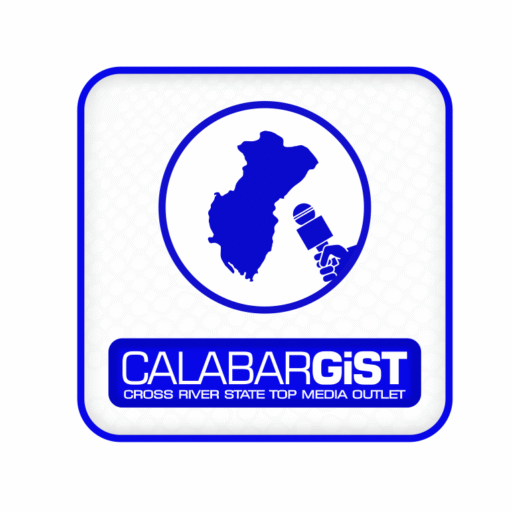In Nigeria, it is essential to accurately identify and address individuals by their correct ethnic and regional identities to foster understanding and respect. One such common misconception is referring to the people of Akwa Ibom State as \”Calabar.\” This misidentification not only undermines the distinct cultural heritage of Akwa Ibom but also perpetuates a misrepresentation of its people. The objective of this write-up is to correct misconception, emphasizing the appropriate terms for addressing Akwa Ibomites and urging all Akwa Ibomites, especially those living or doing business in other states, to actively correct this misidentification.
Akwa Ibom State is a distinct state in Nigeria, separate from Cross River State. It is important to recognize this distinction and accurately acknowledge the identity of its people. The people of Akwa Ibom State are Akwa Ibomites, and it is both respectful and accurate to address them as such. Referring to them as \”Calabar\” is incorrect and fails to recognize the uniqueness of Akwa Ibom State.
The major ethnic group in Akwa Ibom State is the Ibibio people. They have a rich cultural heritage, which includes their language, traditional customs, cuisine, music, dance, and attire. The Ibibio language is widely spoken by the indigenous population and serves as the major language in the state. However, it is important to note that there are other dialects spoken within the state, including Annang, Ọrọ, Ekịd, and others. These dialects are mutually intelligible with Ibibio and contribute to the linguistic and cultural diversity of the state.
Akwa Ibom State is known for its cultural diversity and mutual intelligibility with various ethnic groups living harmoniously. While the Ibibio people are the majority, it is essential to recognize and respect the presence of other ethnic groups within the state. These groups have their own dialects, such as Annang, Ọrọ, and Ekịd, among others. Although each dialect has its unique characteristics, they are mutually intelligible, enabling effective communication and cultural exchange within the state.
As proud Akwa Ibomites, it is our collective responsibility to correct misconceptions and educate others about our true identity. This is particularly important for Akwa Ibomites residing or conducting business in other states where the misconception of equating Akwa Ibomites with Calabar might be prevalent. By gently but firmly correcting this misidentification, we can help dispel misunderstandings and promote accurate cultural representation.
Promoting accurate cultural representation is to ensure that our cultural identity is respected and represented correctly, it is crucial to communicate effectively with individuals from other states and tribes. We can politely correct them when they mistakenly refer to Akwa Ibomites as \”Calabar.\” By offering the accurate terms, such as Akwa Ibomites or Ibibio, we contribute to a more inclusive and respectful society, fostering better intercultural relationships.
Ultimately, it is imperative to address the people of Akwa Ibom State accurately and respectfully as Akwa Ibomites or by their major ethnic group, Ibibio. Calling Akwa Ibomites \”Calabar\” is a misconception that should be corrected. As proud Akwa Ibomites, we should actively engage in correcting this misidentification, especially when interacting with individuals from other states. By doing so, we contribute to the accurate representation of our cultural diversity and foster a more inclusive society. Let us embrace our identity with pride and continue to educate others about the distinctiveness of Akwa Ibom State. Together, we can ensure that our true identity as Akwa Ibomites or Ibibio people is recognized, respected, and celebrated, both within our state and beyond. By promoting accurate cultural representation, we contribute to a more harmonious and culturally diverse Nigeria, where every ethnic group is acknowledged and valued for its unique contributions.
Credit: Andrew Effiong , aka Udọ Ibibio, a cultural preservationist, language advocate, heritage activist, and identity champion dedicated to the preservation and promotion of the Ibibio language and culture.






